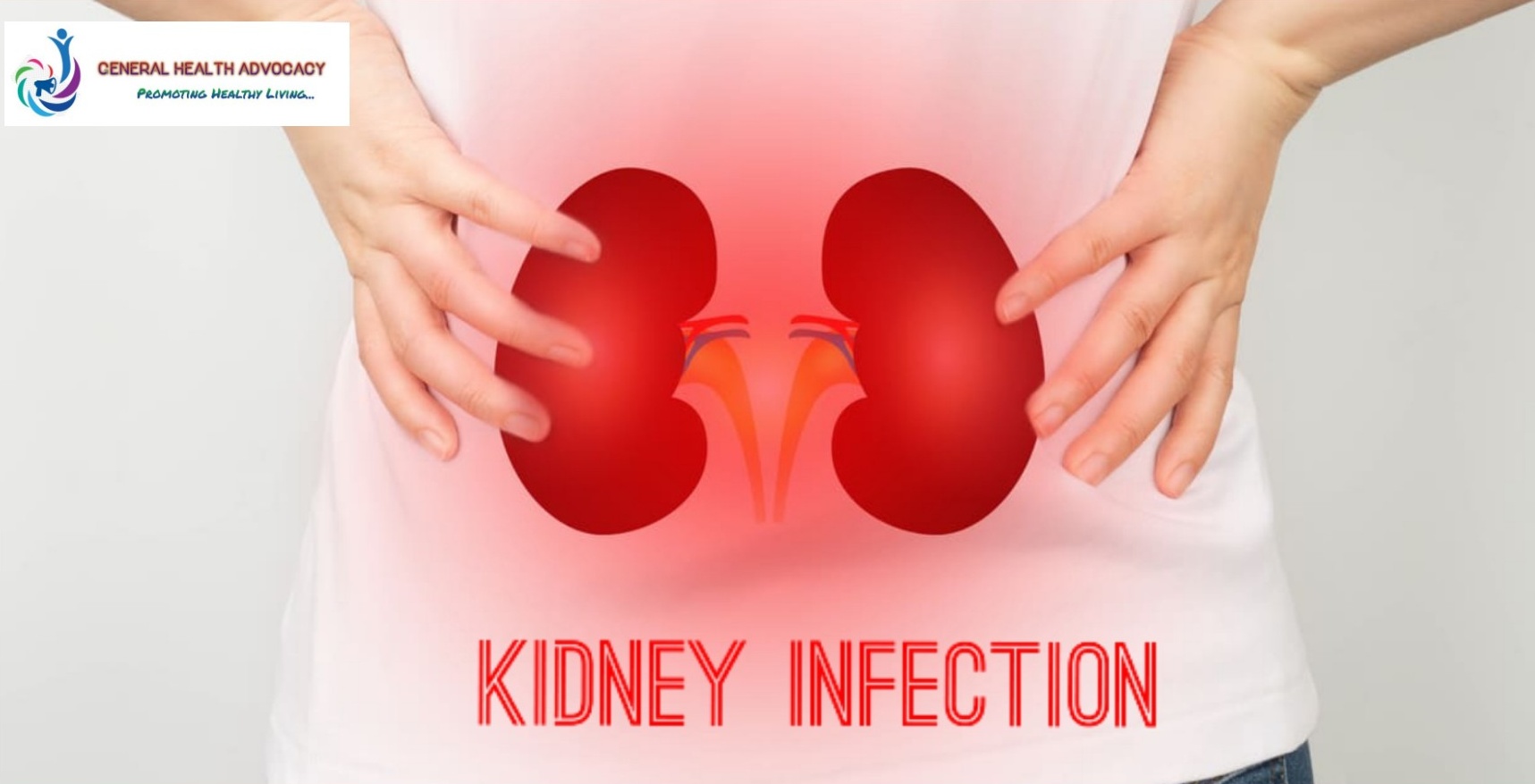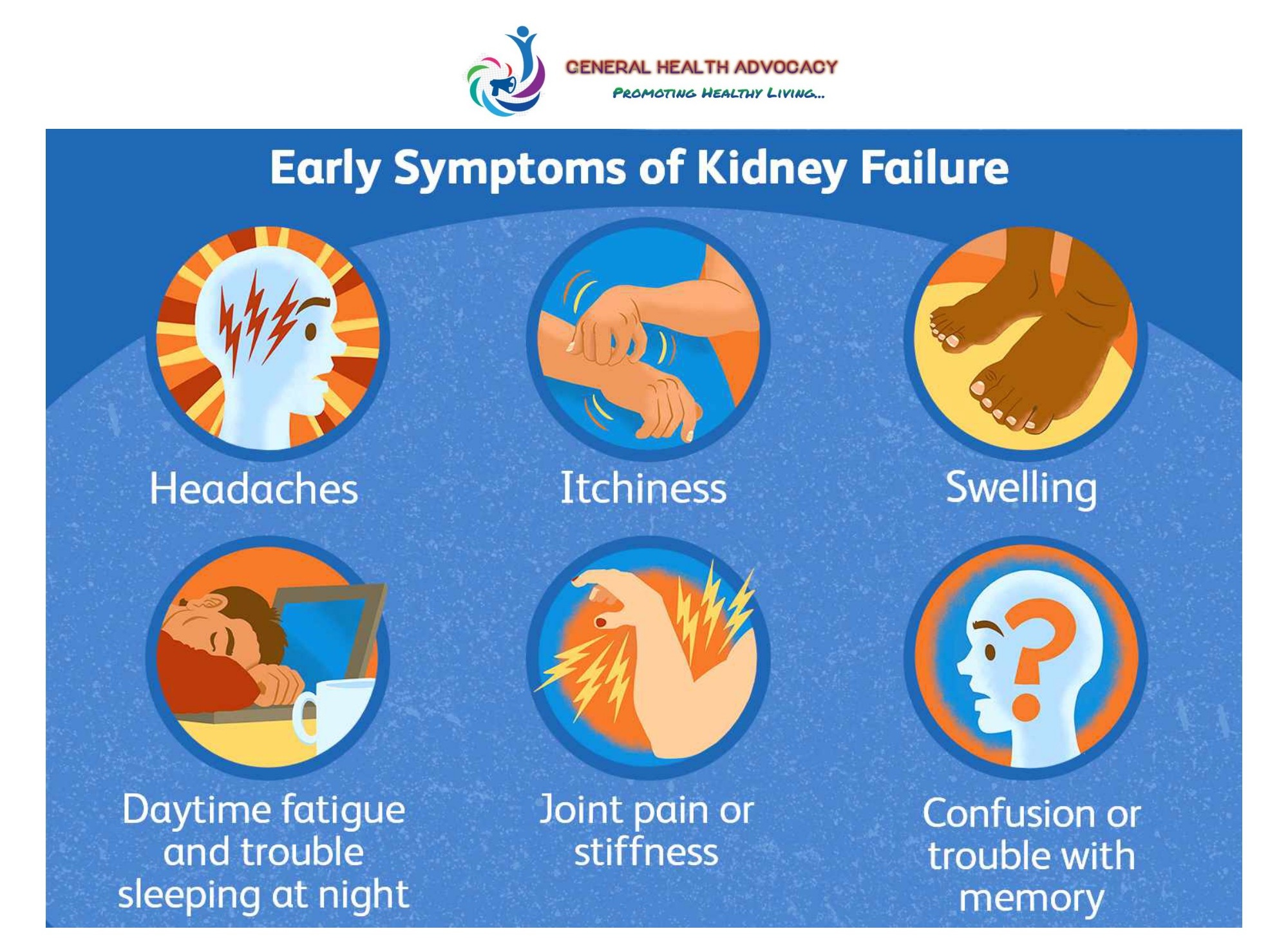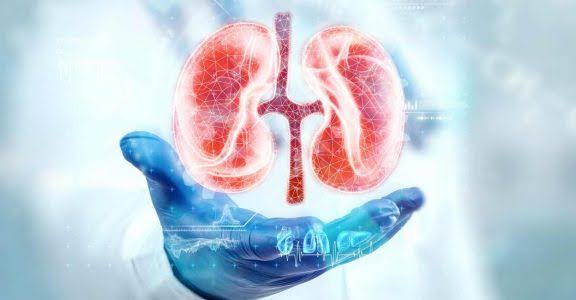Comprehensive Health Tips on Kidney Problems: Vital Information to Know

Kidney health is crucial for overall well-being, yet kidney infections can disrupt daily life and pose serious health risks. Kidney problems can manifest in various forms and can significantly impact your overall health and well-being.
Your kidneys play a crucial role in filtering waste products and excess fluids from your blood, regulating blood pressure, producing hormones, and maintaining electrolyte balance. When your kidneys are not functioning properly, it can lead to serious health complications. Understanding what kidney infections are, their common causes, early warning signs, and different types of kidney diseases including signs and symptoms of kidney problems is essential for early detection and prompt treatment.
What’s Kidney Infection
Kidney disease means that kidneys are infected or damaged and can’t filter blood the way they should. If you have diabetes or high blood pressure, you’re at risk for kidney disease.
A kidney infection, also known as pyelonephritis, occurs when harmful bacteria enter the urinary tract and reach the kidneys. These bacteria cause an infection in the kidney tissue, leading to inflammation and potentially severe complications if left untreated.
Several factors can contribute to kidney pains and infections, these are the Common causes of Kidney Pains and Infections
1. Urinary tract infections (UTIs): Bacteria from the bladder can travel to the kidneys, causing an infection.
2. Kidney stones: These hard mineral and salt deposits can block the urinary tract, leading to infections and pain.
3. Structural abnormalities: Issues such as kidney reflux or urinary tract obstructions can increase the risk of infections.
4. Weakened immune system: Conditions like diabetes or HIV/AIDS can impair the body’s ability to fight off infections, including those in the kidneys.
5. Catheter use: Urinary catheters can introduce bacteria into the urinary tract, increasing the risk of infections.
Recognizing the early symptoms of a kidney infection is crucial for prompt treatment. These are the Common Early Warning Signs of Kidney Infections:
- Fever and chills
- Back, side, or groin pain
- Frequent, urgent, or painful urination
- Cloudy or foul-smelling urine
- Nausea and vomiting
- Fatigue and weakness
Kidney diseases encompass a range of conditions that affect the kidneys’ structure and function. The types of kidney diseases depends on the nature of infection observed.

These are some common types kidney diseases and infections:
- Chronic kidney disease (CKD): A long-term condition where the kidneys gradually lose function over time.
- Chronic kidney disease (CKD): A long-term condition where the kidneys gradually lose function over time.
- Polycystic kidney disease (PKD): Inherited disorder characterized by the growth of cysts in the kidneys, leading to kidney enlargement and potential complications.
- Glomerulonephritis: Inflammation of the kidney’s filtering units (glomeruli), which can impair kidney function.
- Kidney stones: Hard mineral deposits that form in the kidneys and can cause severe pain and blockages.
- Acute kidney injury (AKI): Sudden loss of kidney function, often due to injury, infection, or certain medications.
Read Also
By adopting healthy habits, you can support your kidney function and overall well-being. These are the Preventive Measures and Lifestyle Recommendations for Healthy and Functional Kidney:
1. Stay Hydrated: Drinking an adequate amount of water helps maintain kidney function by flushing out toxins and waste products from the body. Aim to drink at least 8 glasses of water per day, or more if you are physically active or live in a hot climate.
2. Eat a Balanced Diet: Consuming a diet rich in fruits, vegetables, whole grains, and lean proteins can support overall kidney health. Limiting sodium, saturated fats, and processed foods can also help prevent kidney problems and manage conditions like high blood pressure and diabetes, which can contribute to kidney damage.
3. Manage Blood Pressure and Blood Sugar: Keeping your blood pressure and blood sugar levels under control is crucial for preventing kidney damage. Monitor your blood pressure regularly, take prescribed medications as directed by your healthcare provider, and follow a healthy lifestyle to manage hypertension and diabetes effectively.
4. Maintain a Healthy Weight: Being overweight or obese increases the risk of developing kidney problems and other chronic diseases. Aim to achieve and maintain a healthy weight through a combination of balanced diet and regular physical activity.
5. Avoid Smoking and Limit Alcohol Intake: Smoking and excessive alcohol consumption can impair kidney function and increase the risk of kidney disease. If you smoke, seek support to quit smoking, and limit alcohol intake to moderate levels (no more than one drink per day for women and two drinks per day for men).
6. Exercise Regularly: Engaging in regular physical activity not only helps maintain a healthy weight but also promotes overall cardiovascular health, which is essential for kidney function. Aim for at least 150 minutes of moderate-intensity exercise or 75 minutes of vigorous-intensity exercise per week, as recommended by health guidelines.

Here are the Frequently Asked Questions about Kidney infections and problems, that can help you to understand and identify the basic information about Kidney Problems and Infections.
1. What are the signs of kidney problems?
Common signs of kidney problems include:
• Changes in urination patterns, such as frequent urination, difficulty urinating, or blood in the urine.
– Swelling in the hands, feet, ankles, or face.- Fatigue and weakness.
– Fatigue and weakness.
– Persistent itching.
– Nausea and vomiting.
– Shortness of breath.
– High blood pressure.
2. How do kidney problems affect urination?
• Kidney problems can affect urination in various ways, including:
– Changes in frequency: Increased or decreased urination.
– Changes in appearance: Blood in the urine or foamy urine.
– Difficulty urinating: Pain or discomfort during urination or feeling the urge to urinate frequently but passing only small amounts.
3. Why does swelling occur in kidney problems?
– Swelling, also known as edema, occurs in kidney problems due to the retention of fluids and sodium in the body. When the kidneys are not functioning properly, they may not be able to remove excess fluid effectively, leading to swelling, especially in the hands, feet, ankles, and face.
4. What causes fatigue and weakness in kidney problems?
• Fatigue and weakness in kidney problems can be attributed to various factors, including:
– Anemia: Decreased production of red blood cells due to impaired kidney function.
– Build-up of waste products: Accumulation of waste products in the blood can cause fatigue and weakness.
– Electrolyte imbalances: Kidney dysfunction can lead to imbalances in electrolytes such as potassium and sodium, contributing to fatigue and weakness.
5. Why does persistent itching occur in kidney problems?
– Persistent itching in kidney problems is often associated with the build-up of waste products, such as urea, in the blood. When the kidneys are unable to effectively filter these waste products, they can accumulate in the body, leading to itching, particularly in the skin.
6. How does kidney problems contribute to high blood pressure?
– The kidneys play a crucial role in regulating blood pressure by controlling the balance of fluids and electrolytes in the body. When the kidneys are not functioning properly, they may not be able to regulate blood pressure effectively, leading to hypertension (high blood pressure).
Recognizing the signs and symptoms of kidney problems is essential for early detection and management. If you experience any of the symptoms mentioned above or have concerns about your kidney health, it is important to consult a healthcare professional for proper evaluation and treatment. Maintaining a healthy lifestyle, including staying hydrated, eating a balanced diet, exercising regularly, and avoiding smoking and excessive alcohol consumption, can also help support kidney health.
Taking proactive steps to maintain kidney health through preventive measures and lifestyle modifications can help reduce the risk of developing kidney problems and associated complications. Remember to consult with a healthcare professional for personalized advice and recommendations based on your individual health status and risk factors.
2 Comments